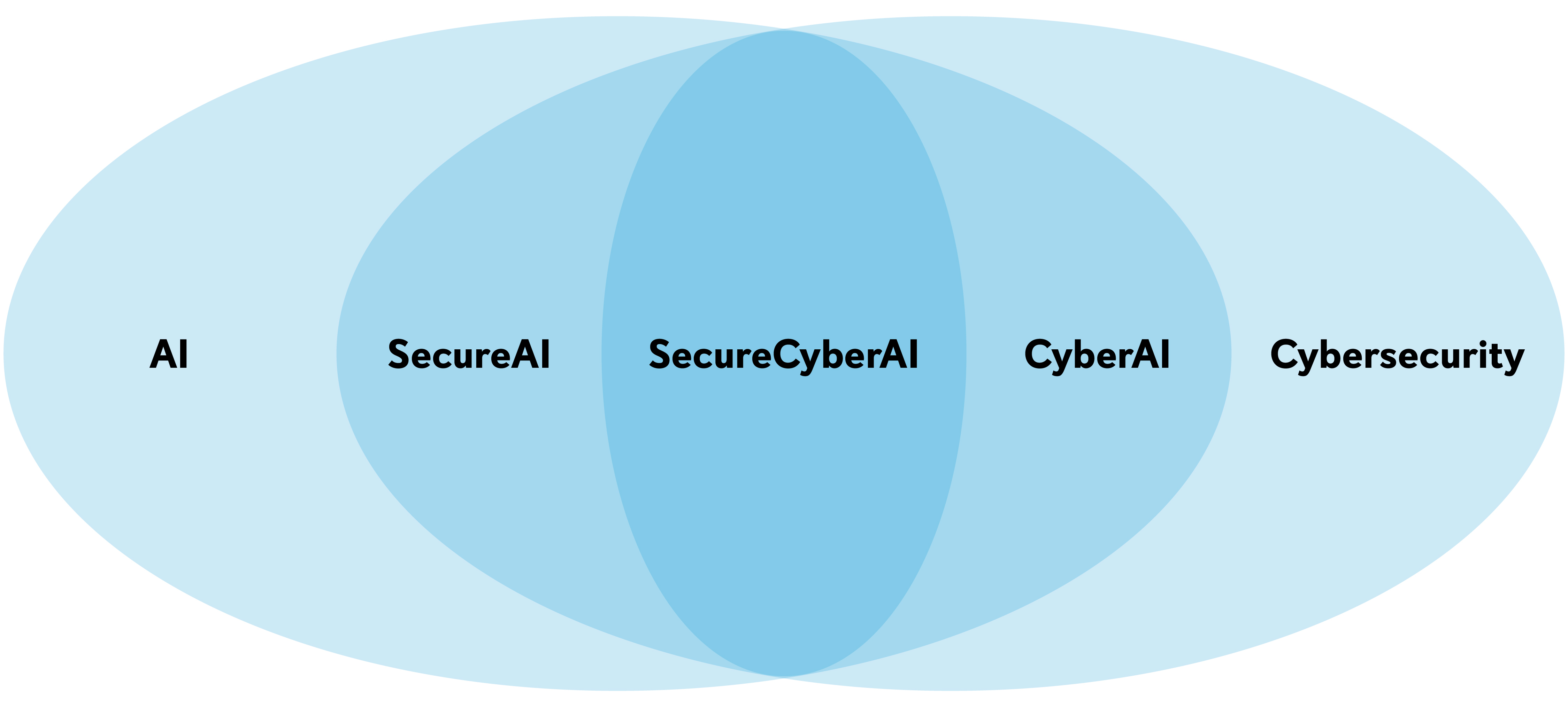About

Housed within the Samuel Ginn College of Engineering’s Department of Computer Science and Software Engineering, we aim to spearhead pioneering advancements at the intersection of artificial intelligence and cybersecurity. The AU-CAICE focuses on three hybrid areas:
- SecureAI, the appropriate application of baked-in security measures in an effort to make an overall AI system secure.
- SecureCyberAI, will best be served by baked-in SMs that are real-time, self-healing, anti-fragile arms race systems for securing the overall AI system.
- CyberAI, the appropriate application of AI to the area of cybersecurity.
Together, these integrate AI and cybersecurity to create robust, real-time, self-healing systems.
Auburn University is one of 11 institutions nationwide that holds all three National Center of Academic Excellence in Cybersecurity (CAE-C) designations: cyber operations, cyber defense, and cyber research (CAE-R), positioning it among the elite institutions in cybersecurity education and research.
By leveraging the strengths of researchers within the department and across campus, AU-CAICE is dedicated to addressing the most pressing challenges in the digital age. The center is focused on developing innovative AI-driven cybersecurity solutions that ensure a safer and more secure future, reflecting Auburn Engineering's commitment to leading in emerging technologies and fostering collaboration across various sectors.
AU-CAICE builds upon the legacy of the Auburn Cyber Research Center (ACRC), continuing its dedication to cybersecurity excellence while expanding its reach and impact. Faculty within the ACRC produced more than $10 million in funded research awards since 2017. Some of the ACRC’s most recognized projects involved conducting a cybersecurity vulnerability assessment of U.S. Army air and missile defense systems, and developing a framework for monitoring security via virtual machine memory and service calls for the Central Intelligence Agency.
By advancing research AI and cybersecurity, AU-CAICE aims to maintain Auburn's position at the forefront of cybersecurity research and education, ensuring that the university remains a leader in this critical field.
The center is committed to cultivating long-term, extramurally funded research and educational relationships, serving as a hub for collaboration with academia, industry, national laboratories, and government entities.
OBJECTIVES
- Address the most pressing challenges in cyber and critical infrastructure security through the lens of AI as well as the security issues related to the development and deployment of AI systems.
- Identify and tackle current and emerging threats, informing decision-makers and collaborating with them to shape strategies that bolster U.S. national and economic security.
- Enhance awareness and understanding of AI-driven cybersecurity solutions by providing expert content, analysis and resources to a wide audience through multimedia channels and in-person forums.
- Build deep, long-term bonds with key practitioners and their organizations.
- Connect students with real-life AI and cybersecurity scenarios and be an active participant in education programs that best prepare them beyond college.


